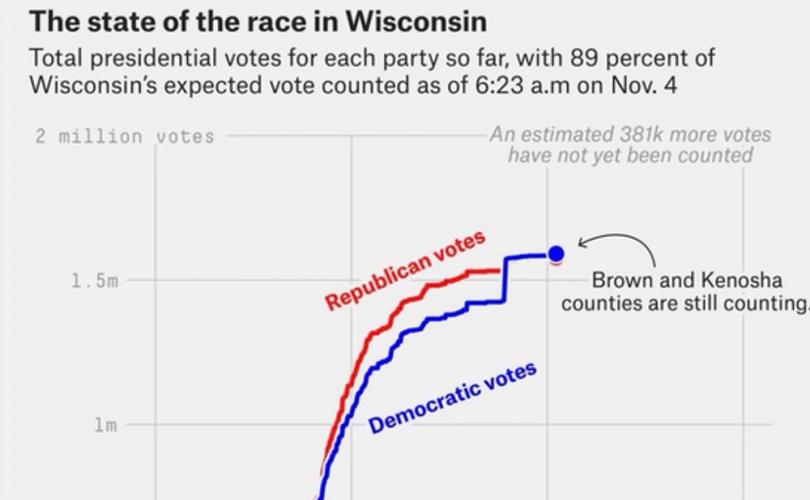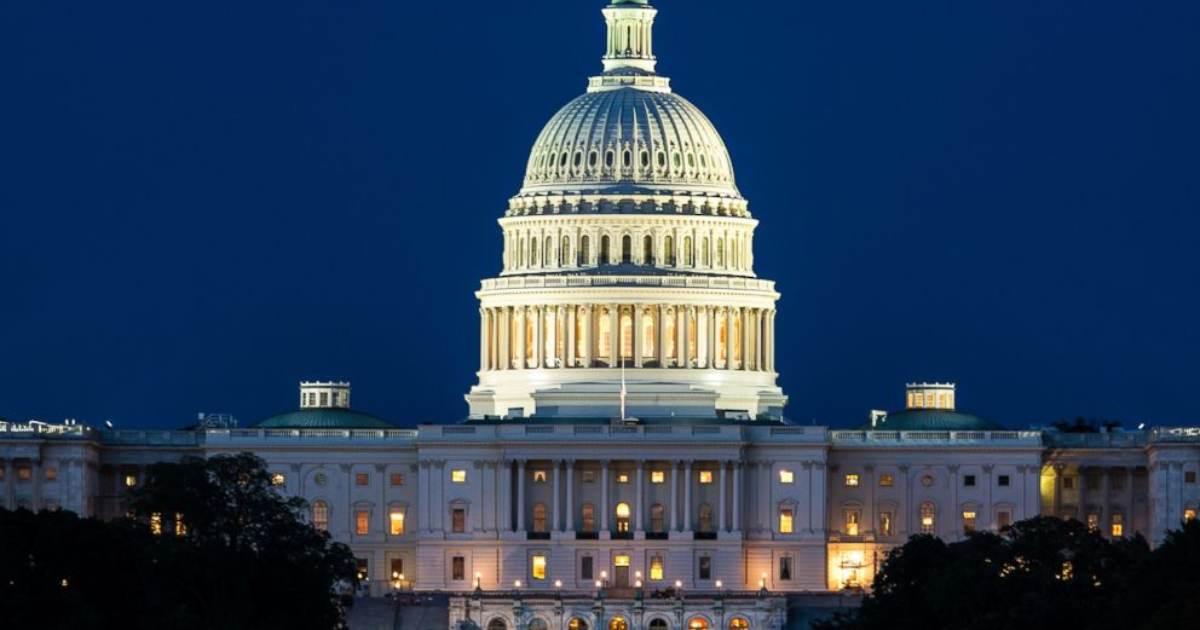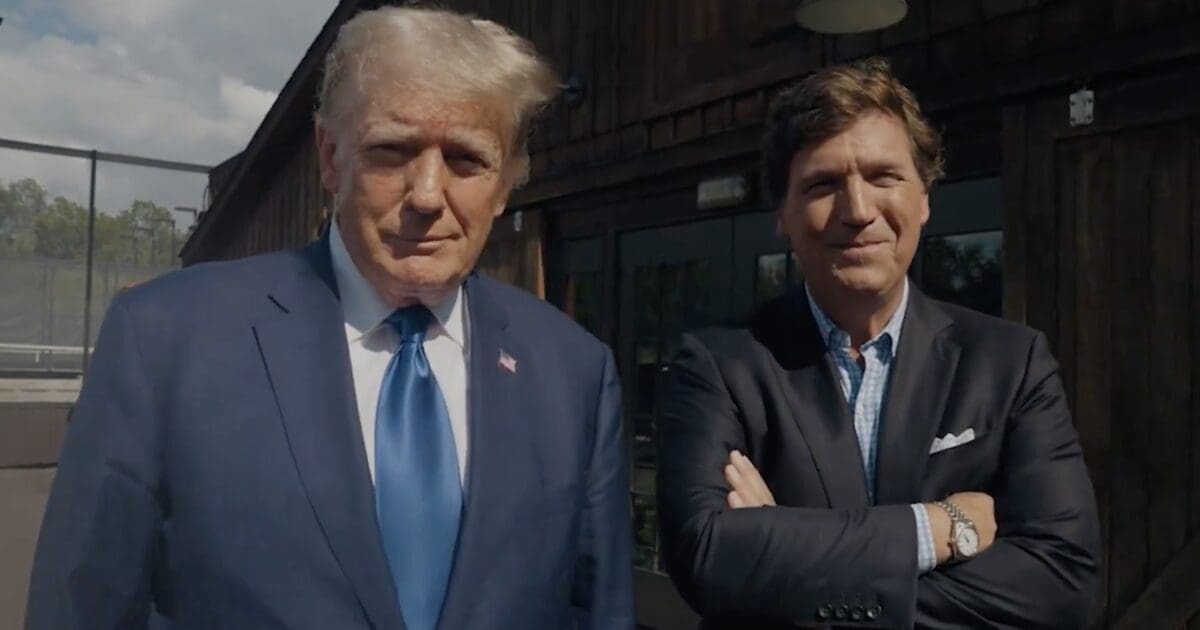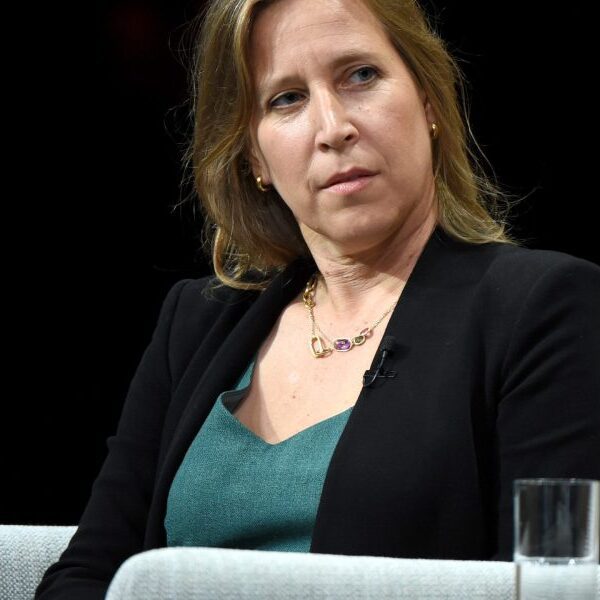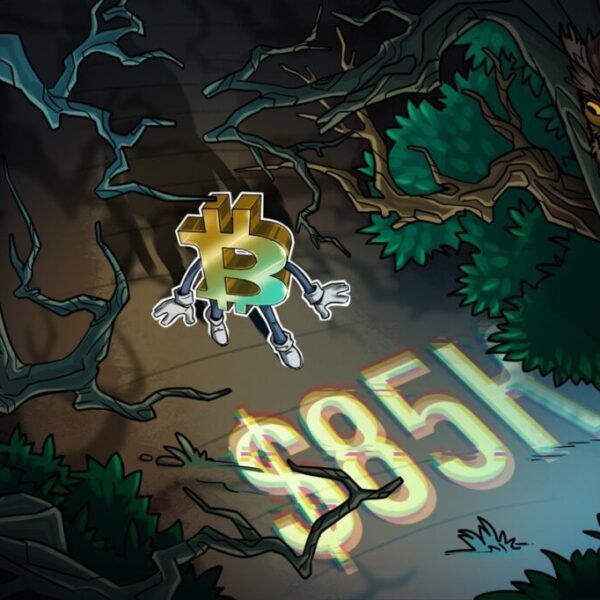The case began to unravel when a young woman from Tarija, identified by the initials ESNV, accused Morales of rape and sexual abuse, claiming the incidents occurred when she was still a minor. According to the investigation, she became pregnant at the age of 15, with Morales allegedly being the father. This claim is backed by documents from the Prosecutor’s Office, including the birth certificate of the victim’s child, which lists Morales as the father.
However, this statutory rape allegation is not the only case in which Morales is implicated. The investigation suggests he led a network of child trafficking, allegedly consolidated through the “Presidential Youth Guard,” an entity comprised of teenagers, predominantly between the ages of 14 and 15, who were recruited to serve Morales. Cindy, the young woman who filed the complaint, was a member of this group.
A key element of the investigation is the birth certificate of the victim’s daughter, issued in 2018 but showing a birthdate from 2016, when the mother was just 15 years old. The leaked document confirms what had been rumored for years: a secret relationship between Morales and a teenager during his presidency.
Although the relationship was kept hidden, in 2020, international media began investigating allegations of a trafficking network tied to Morales. According to testimonies, parents of teenagers recruited into the presidential guard were allegedly compensated financially in exchange for handing their daughters over to the former president.
On September 26, 2024, the Tarija Prosecutor’s Office issued an arrest warrant for Morales on charges of human trafficking, smuggling, and statutory rape. However, within hours, the prosecutor leading the case was abruptly dismissed, raising concerns of a high-level cover-up operation aimed at protecting the ex-president. The prosecutor sustains this was politically motivated.
The case is now steeped in suspicions of corruption and political interference. The prosecutor’s dismissal has been interpreted as an attempt by Bolivia’s government to bury the investigation. Despite multiple victims coming forward and tangible evidence, progress has been slow, with state-controlled media downplaying the allegations.
Morales, using his considerable influence, has allegedly manipulated the judicial system to stifle any efforts to investigate him. The child trafficking network is believed to have thrived under the protection of this power structure, with teenagers from impoverished rural areas being recruited and promised scholarships or financial rewards for their families in exchange for their participation in the presidential guard.
Bolivian Minister of Government, Eduardo Del Castillo, revealed that Cindy’s case may be just the beginning. According to investigators, more women are stepping forward, alleging abuse by Morales and his inner circle during their teenage years, with many victims being under the age of 14.
The allegations against Morales add to a broader narrative of corruption, abuse of power, and manipulation of Bolivia’s judicial system. As more victims gain the courage to speak out, additional revelations could surface, further implicating Morales and intensifying his legal troubles.
This case underscores the fragility of judicial systems in countries where political power is used to protect pigs at the top of the government. Despite the evidence presented, many of us wonder whether justice will really prevail or whether, as has happened in the past, the case will be buried under a cloak of impunity.
Original by Joana Campos.
María Herrera Mellado es una abogada de EE.UU. y licenciada en España. Doctora en Ciencias Jurídicas y Analista política. La Dra. Herrera es conocida por su amplia experiencia en análisis y consultas en el diseño de políticas públicas, propuestas de ley y gestión en relaciones internacionales.
Su reconocimiento proviene de sus contribuciones al análisis y representación legal de diversas organizaciones, empresas e individuos que han visto abusados sus derechos humanos, su privacidad o en la inclusión de políticas efectivas fundamentalmente en el ámbito de la transparencia y la rendición de cuentas, así como la lucha contra la corrupción.
Su formación académica y experiencias profesionales la convierten en una voz respetada en el debate público y en el análisis de temas de actualidad sobre todo en los desafíos políticos y legales contemporáneos.
María Herrera Mellado is a U.S.-based attorney also licensed in Spain. She holds a PhD in Legal Sciences and is known as a media legal and policy analyst.
Dr. Herrera is recognized for her extensive experience in analyzing and consulting on public policy design, legislative proposals, and international relations management.
Her recognition stems from her contributions to the analysis and legal representation of various organizations, companies, and individuals whose human rights or privacy have been violated, or who have benefited from the inclusion of effective policies, primarily in the areas of transparency, accountability, and the fight against corruption.
Her academic background and professional experience make her a respected voice in public debate and in the analysis of current issues, particularly in contemporary political and legal challenges.




